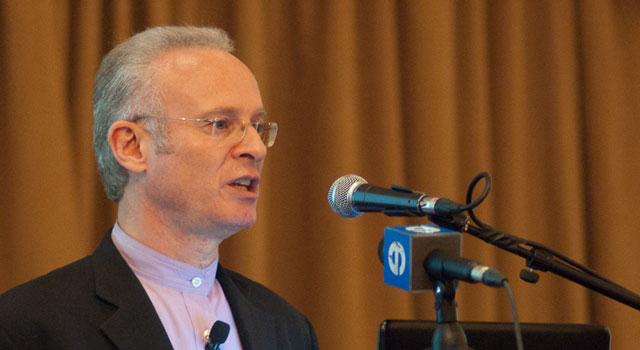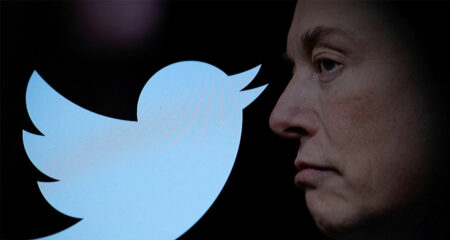
Although 95% of large SA companies have some sort of social media strategy aimed at consumers, only 51% consider their efforts on Facebook to be effective. The figure drops to just 33% for Twitter.
These findings are contained in the latest SA Social Media Landscape study by World Wide Worx. The research firm and information analysis company Fuseware released the study on Wednesday.
“The survey shows corporate SA has woken up to social media but hasn’t yet figured out how to dress for the role,” says World Wide Worx MD Arthur Goldstuck. “Most large companies are still neutral on the impact of social media, and are still feeling their way.”
The report includes analysis of local consumers’ use of Facebook, Twitter, Mxit, LinkedIn, Pinterest and Foursquare, as well as a survey conducted among corporate brand owners.
Fuseware MD Mike Wronski says the survey included interviews with representatives of 61 major brands and found that “corporate use of social networks tended to be a case of responding to media hype”.
“The most popular social media platform in SA, Mxit, is used as a marketing tool by only one out of five large brands. This compares to Facebook, with nine out of 10 using it, and YouTube, where the number is two out of three,” Wronski adds.
Of those companies surveyed, 49% leave social media in the hands of a marketing team, 18% allocate it to public relations and a further 18% outsource it. The most commonly cited reason for using social media is as a PR channel.
The sales function represents a key element of social media for many businesses, with 43% of respondents using it for customer lead generation. Surprisingly, only 13% of those surveyed say they are using social media specifically because their competitors are.
Only 15% of companies using social media believe their skills are optimal, which might explain why most companies surveyed intend to make investments in training existing staff in social media best practices. Of those that responded, 36% intend to use specialist social media agencies.
The survey also shows that many companies still find it difficult to measure their social media effectiveness. Although 74% use the number of followers as a key measure on Twitter, only 24% measure the number of their own customers who are followers.
Similarly, while 72% measure effectiveness according to comments and mentions, only 40% actually look at whether those comments and mentions were positive or negative.
An even bigger gap is seen on Facebook, where 83% of brands live by comments and mentions, but only 37% examine the content of these interactions.
“The survey shows that companies haven’t quite figured out what is more important,” says Goldstuck. “It comes down to separating volume from value, and that takes time and energy, rather than just a dashboard of numbers.”
Wronski says most companies cite a lack of time to manage social media channels as the main reason they aren’t getting enormous value from them.
“This is the largest bottleneck to social media success. Brands are struggling to allocate resources and time to manage social channels,” he says. — (c) 2012 NewsCentral Media




